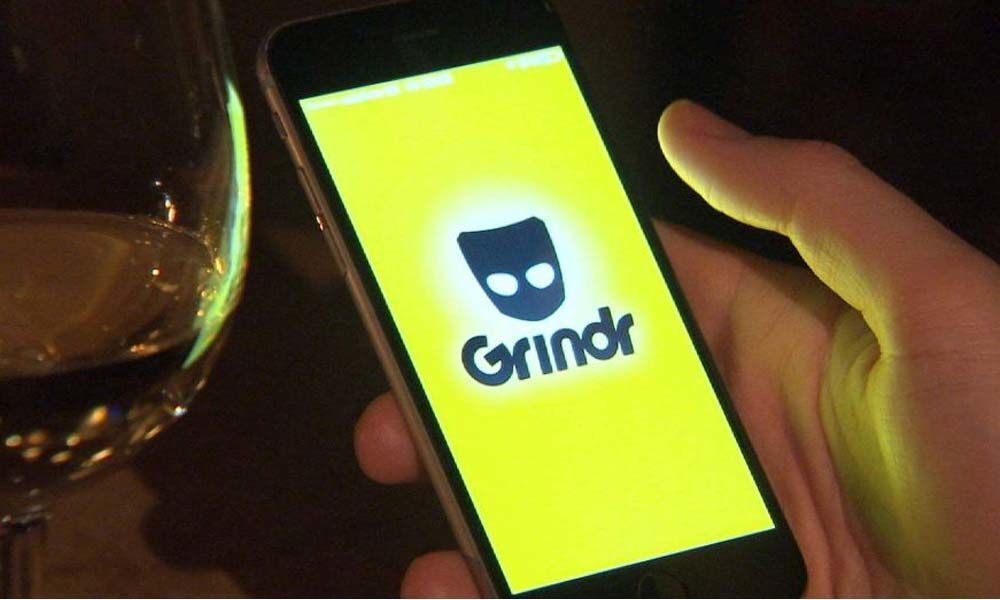Grindr defeats appeal over harassment on gay dating app

A US federal appeals court refused to hold Grindr liable to a New York man who said his former boyfriend used the gay dating app to post fake profiles, in a harassment campaign that caused more than 1,000 men to approach the victim for sex.
A US federal appeals court refused to hold Grindr liable to a New York man who said his former boyfriend used the gay dating app to post fake profiles, in a harassment campaign that caused more than 1,000 men to approach the victim for sex.
The 3-0 decision by the 2nd US Circuit Court of Appeals against Matthew Herrick came in a closely watched case over how far the Communications Decency Act, a 1996 federal law meant to restrict pornography while allowing other speech online, should shield Internet-based companies from user abuses.
The court rejected Herrick's negligence and emotional distress claims for Grindr's failure to edit or remove his former boyfriend's offensive content.
It said Grindr was shielded from liability for exercising "a publisher's traditional editorial functions," or providing "'neutral assistance' in the form of tools and functionality available equally to bad actors and the app's intended users."
Grindr is owned by Beijing Kunlun Tech Co. The Chinese gaming company is trying to sell Grindr after the Committee on Foreign Investment in the United States said its ownership posed a national security risk, Reuters reported on Wednesday, citing people familiar with the matter.
Herrick, who stopped using Grindr in 2015, said the fake profiles caused as many as 16 strangers a day to visit his home and the restaurant where he worked, expecting sex, for several months starting in Oct. 2016.
He sued in Jan. 2017, and a federal judge dismissed his case a year later, prompting the appeal.
Herrick's lawyer Tor Ekeland said in an interview he was "disappointed but not surprised" by Wednesday's decision because courts are "extremely deferential to big tech" when interpreting the CDA.
He may ask the entire Manhattan-based appeals court to rehear the case.
"What happened to Matthew is not an isolated incident," Ekeland said. "Apps are being used to stalk, rape and murder. Under the court's reading of the CDA, big tech companies don't have responsibility to do anything about it, even if they know it is happening. Congress needs to amend this statute."
Moez Kaba, a lawyer for Grindr, said the decision clarified that CDA protections extend to apps, which is "important in the smartphone era, where so much activity is done on apps rather than through traditional web pages.
"No one disputes that the plaintiff's situation was unfortunate," he said, "but the 2nd Circuit was plainly correct in finding that apps and their owners cannot be liable for this sort of third-party conduct."
The case is Herrick v Grindr LLC et al, 2nd US Circuit Court of Appeals, No. 18-396.














